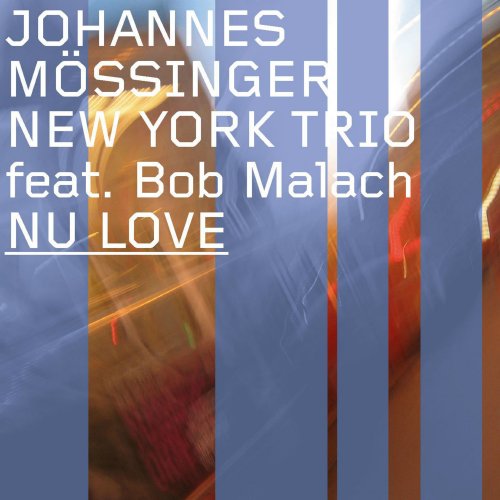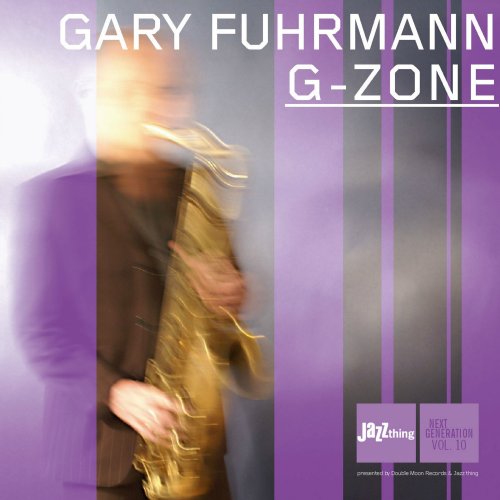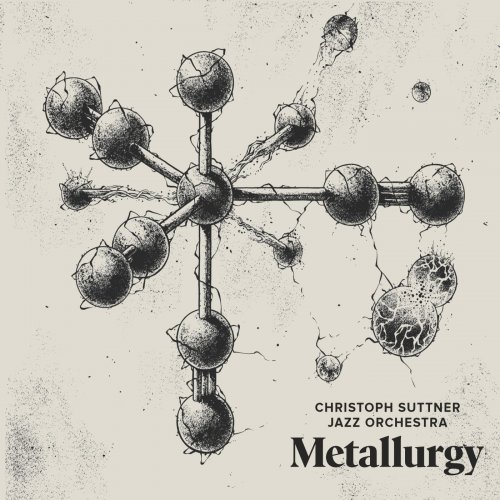Andrew Hill - Point of Departure [Remastered] (1964/2015)
Artist: Andrew Hill
Title Of Album: Point of Departure
Year Of Release: 1964/2015
Label: Universal Music/Capitol Records
Genre: Jazz, Avant Garde, Post-Bop
Total Time: 39:52 min
Format: Mp3 / FLAC (tracks)
Quality: 320kbps / Lossless 44.1kHz/16bit / 96kHz/24bit / 192kHz/24bit
Total Size: 101 mb / 241 mb / 909 mb / 1.64 gb
The folks at Music Matters have been reissuing classic Blue Note albums of the 1950s and 1960s at an aggressive clip, and have been careful to include virtually every style of music the label recorded, including some of its more challenging material. Pianist Andrew Hill's Point of Departure (1964) will never be mistaken for light cocktail jazz, but it's inclusion in this reissue series displays Music Matters' commitment to more adventurous material.
In 1964, the term avant-garde could have been applied to any number of different musical angles in jazz. The free experiments of John Coltrane and Ornette Coleman, with their pure emotional howling set within very limited contextual framework, are perhaps the most notorious. But there was another avenue that retained a significant structural environment with greater emphasis on composition,even if those compositions were themselves quite a stretch. Hill's third recording as a leader, the diabolically brilliant Point of Departure, may be the apex of this school.
This album includes some of the fiercest, high density writing of the era, with each track featuring tight, byzantine written statements and full-throated blending of timbres. The music includes dissonant harmonies, often employing multiple melodic ideas, and often played very fast. It would be easy to imagine the musicians scratching their heads on the first run through, struggling with music that reached for new levels of complexity. Nevertheless, and despite the very complicated, wrought compositions, the band plays rather loosely. They're all there, but a perfect precision performance does not appear to have been Hill's core demand. Instead, people come in and out slightly ahead or behind the beats, and even when they're harmonizing, cacophonous filigrees abound.
On top of all that—and that's already a lot—Point of Departure features extraordinary improvising. Eric Dolphy—on alto sax, flute and his trademark bass clarinet—pursues pathways that make perfect sense within the music, but still sound like they've arrived from another planet. Joe Henderson's tenor work is right out there with Dolphy, and Kenny Dorham's trumpet adds a bright brass blare over all of it. Hill's piano is all over the map, and he plays the way he writes: inventive, unpredictable, and fearless. Notably, although the improvising is very aggressive and forward-looking, everyone still keeps his statements within the context of the music. Nothing on this record ever veers off into free territory.
As with all of Music Matters' reissues, Point of Departure comes as two 45 RPM LPs. A decent turntable is a necessity. But the vinyl itself is pressed with tremendous quality control, so with good equipment these records reveal details that no CD will ever approach. It also helps that the original session, engineered by Rudy Van Gelder, was particularly well-recorded, with excellent clarity and instrument scale.
Point of Departure is a cornerstone jazz recording that every serious jazz listener should hear. The Music Matters pressing simply adds elevated sound quality to what was already a musical masterpiece. --Greg Simmons, All About Jazz
In 1964, the term avant-garde could have been applied to any number of different musical angles in jazz. The free experiments of John Coltrane and Ornette Coleman, with their pure emotional howling set within very limited contextual framework, are perhaps the most notorious. But there was another avenue that retained a significant structural environment with greater emphasis on composition,even if those compositions were themselves quite a stretch. Hill's third recording as a leader, the diabolically brilliant Point of Departure, may be the apex of this school.
This album includes some of the fiercest, high density writing of the era, with each track featuring tight, byzantine written statements and full-throated blending of timbres. The music includes dissonant harmonies, often employing multiple melodic ideas, and often played very fast. It would be easy to imagine the musicians scratching their heads on the first run through, struggling with music that reached for new levels of complexity. Nevertheless, and despite the very complicated, wrought compositions, the band plays rather loosely. They're all there, but a perfect precision performance does not appear to have been Hill's core demand. Instead, people come in and out slightly ahead or behind the beats, and even when they're harmonizing, cacophonous filigrees abound.
On top of all that—and that's already a lot—Point of Departure features extraordinary improvising. Eric Dolphy—on alto sax, flute and his trademark bass clarinet—pursues pathways that make perfect sense within the music, but still sound like they've arrived from another planet. Joe Henderson's tenor work is right out there with Dolphy, and Kenny Dorham's trumpet adds a bright brass blare over all of it. Hill's piano is all over the map, and he plays the way he writes: inventive, unpredictable, and fearless. Notably, although the improvising is very aggressive and forward-looking, everyone still keeps his statements within the context of the music. Nothing on this record ever veers off into free territory.
As with all of Music Matters' reissues, Point of Departure comes as two 45 RPM LPs. A decent turntable is a necessity. But the vinyl itself is pressed with tremendous quality control, so with good equipment these records reveal details that no CD will ever approach. It also helps that the original session, engineered by Rudy Van Gelder, was particularly well-recorded, with excellent clarity and instrument scale.
Point of Departure is a cornerstone jazz recording that every serious jazz listener should hear. The Music Matters pressing simply adds elevated sound quality to what was already a musical masterpiece. --Greg Simmons, All About Jazz
TRACKLIST:
1 Refuge 12:12
2 New Monastery 7:00
3 Spectrum 9:42
4 Flight 19 4:10
5 Dedication 6:40
Personnel:
Kenny Dorham - trumpet
Eric Dolphy - alto saxophone, bass clarinet, flute
Joe Henderson - tenor saxophone
Andrew Hill - piano
Richard Davis - double bass
Tony Williams - drums
|
![Marcus Miller - Renaissance (2012) [Hi-Res] Marcus Miller - Renaissance (2012) [Hi-Res]](https://www.dibpic.com/uploads/posts/2025-03/1741611134_cover.jpg)
![Kaisa's Machine - Moving Parts (2025) [Hi-Res] Kaisa's Machine - Moving Parts (2025) [Hi-Res]](https://www.dibpic.com/uploads/posts/2025-03/1741698679_folder.jpg)






![Paul JB Lee - Supernova (2025) [Hi-Res] Paul JB Lee - Supernova (2025) [Hi-Res]](https://www.dibpic.com/uploads/posts/2025-03/1741444294_cover.jpg)